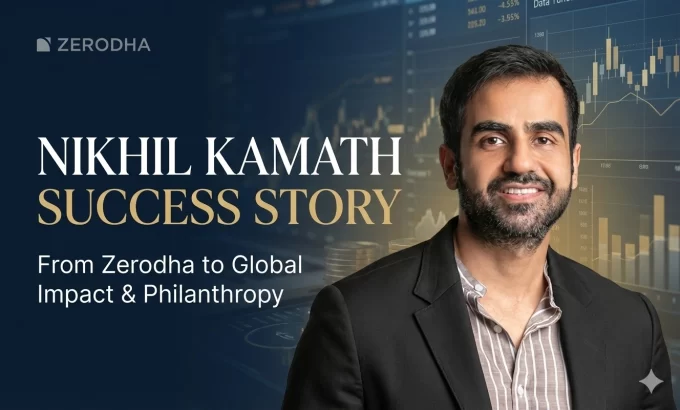Ather Energy, one of India’s leading two-wheeler electric vehicle (EV) manufacturers, has deferred the submission of claims worth INR 26.2 crore (approximately $3 million) under the central government’s PM E-DRIVE scheme. The decision comes in light of a shortage of heavy rare earth magnets, a critical component in EV motor manufacturing, caused by China’s export restrictions.
In a recent regulatory filing, the Bengaluru-based EV firm disclosed that it had temporarily deviated from the mandated manufacturing norms outlined under the PM E-DRIVE scheme and the Phased Manufacturing Program (PMP). These deviations were attributed to supply chain disruptions beyond the company’s control, specifically China’s ban on exporting certain categories of heavy rare earth magnets, which are essential for the production of high-performance traction motors.
Impact of Rare Earth Magnet Shortage
Rare earth magnets, particularly those made from heavy rare earth elements like dysprosium and terbium, are vital for the efficiency and performance of EV traction motors. China, which dominates the global supply chain for these rare earth materials, recently imposed a ban on the export of certain categories, triggering a ripple effect across the global EV manufacturing industry.
For Ather Energy, this sudden restriction meant that its motor suppliers were unable to source magnets domestically, forcing them to make temporary adjustments in the manufacturing process. These adjustments led to a deviation from the local value addition criteria outlined under the PMP guidelines, especially regarding the domestic fitment of magnets in EV motors.
Compliance with Government Schemes
Under the PM E-DRIVE scheme, EV manufacturers are eligible for demand-side incentives if they comply with stringent localization and manufacturing norms set by the government. The Phased Manufacturing Program aims to promote domestic value addition and reduce dependency on imports by encouraging EV makers to localize their components over a fixed timeline.
Ather Energy stated that, given the unavoidable deviation from the guidelines, it has decided to defer its claim submission for the time being to remain compliant with the regulations. The company emphasized that this issue is temporary and is actively being addressed in coordination with its suppliers and regulatory authorities.
Strategic Implications and Industry-Wide Concerns
Ather’s move highlights the broader vulnerabilities in the EV supply chain, especially in critical components like rare earth magnets, which have limited global sources. As India pushes for deeper EV adoption and manufacturing under initiatives like Make in India, such disruptions pose a challenge to both scaling production and maintaining eligibility for government subsidies.
This situation could prompt policy-level discussions around building alternate supply chains, investing in rare earth mineral exploration in India, and promoting strategic reserves or recycling initiatives for critical components.
The Road Ahead
Despite this setback, Ather Energy remains one of the frontrunners in India’s EV revolution. The company’s transparent communication, and proactive decision to defer claims until full compliance is ensured, reflects its long-term commitment to sustainable and ethical growth within India’s EV ecosystem.
As supply chains stabilize and alternate sourcing strategies emerge, Ather is expected to resume its participation in the incentive program and continue driving innovation in India’s growing electric mobility sector.










Leave a comment